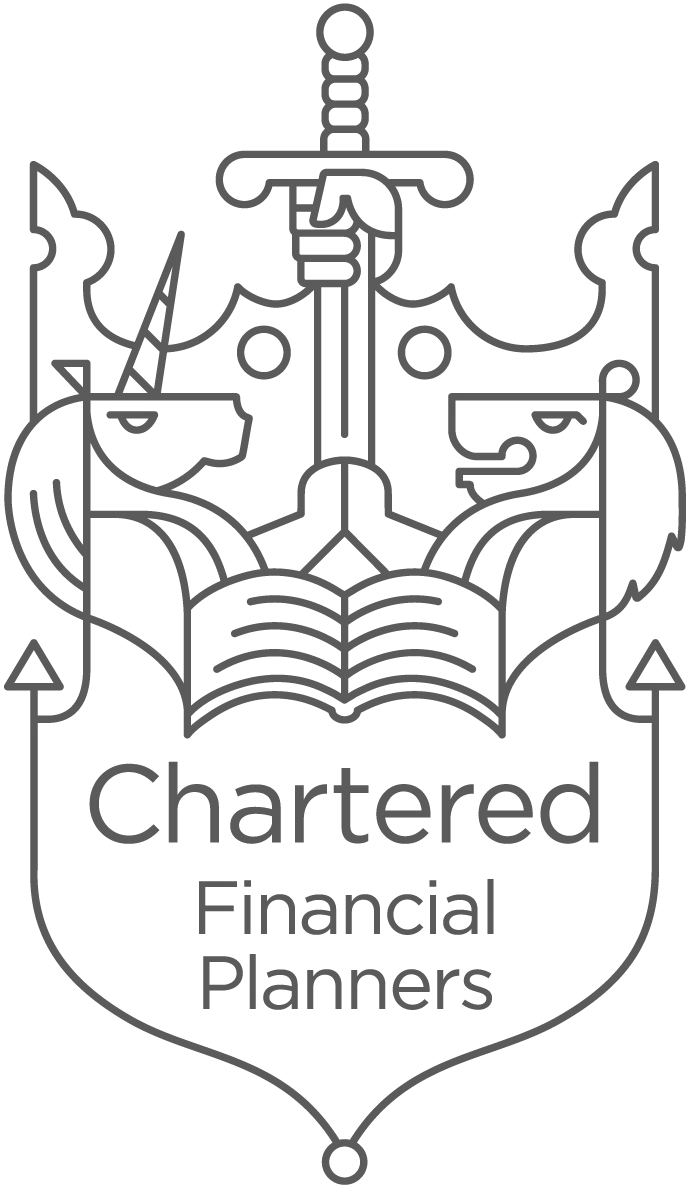If you have a larger estate, you might want to consider placing some of your assets into a suitable Trust. Trusts can help retain an element of control over what happens to your assets after you pass away. They can be useful from an Inheritance Tax (IHT) planning perspective.
A trust is a legal arrangement that a person may create and has four elements: the Settlor/s (the person creating the trust), the trust property (i.e., the asset that is to be held within the trust, could be money, shares, life insurance policy, a house etc.), the Trustee/s (those appointed to look after the trust) and the Beneficiary/ies (those entitled to receive the trust property, income etc.).
Trusts allow you to make gifts but still keep some control over who benefits from, say, a sum of money, and when they can do so. It can also help you reduce the potential liabilities of your estate to IHT. If your money or property is held in a trust, it will not form part of your estate anymore (subject to the HMRC rules on the gifting of assets).
As a rule, the most suitable type of trust to use – and even whether a trust is appropriate- will depend on your own circumstances. Other factors will include where you are domiciled, in the UK or elsewhere? Are you married or in a registered civil partnership? What access to the money, if that is the ‘trust property’, do you need: none, to the capital itself, or by way of regular income payments only? Sometimes a Deed of Variation in connection with a Will might apply. If you have recently inherited assets, more effective IHT planning might be achieved by redirecting these assets either outright or into a suitable trust, subject to the rules governing Deeds of Variation. The tax treatment of trusts can also mean they’re useful for reducing the amount of IHT that may eventually be paid by someone’s estate.
The way a Trust is taxed depends on what type of trust it is. However, since the rules around IHT and trusts are complicated, so you should think carefully before setting up a trust so suitably qualified professional advice is always recommended.


